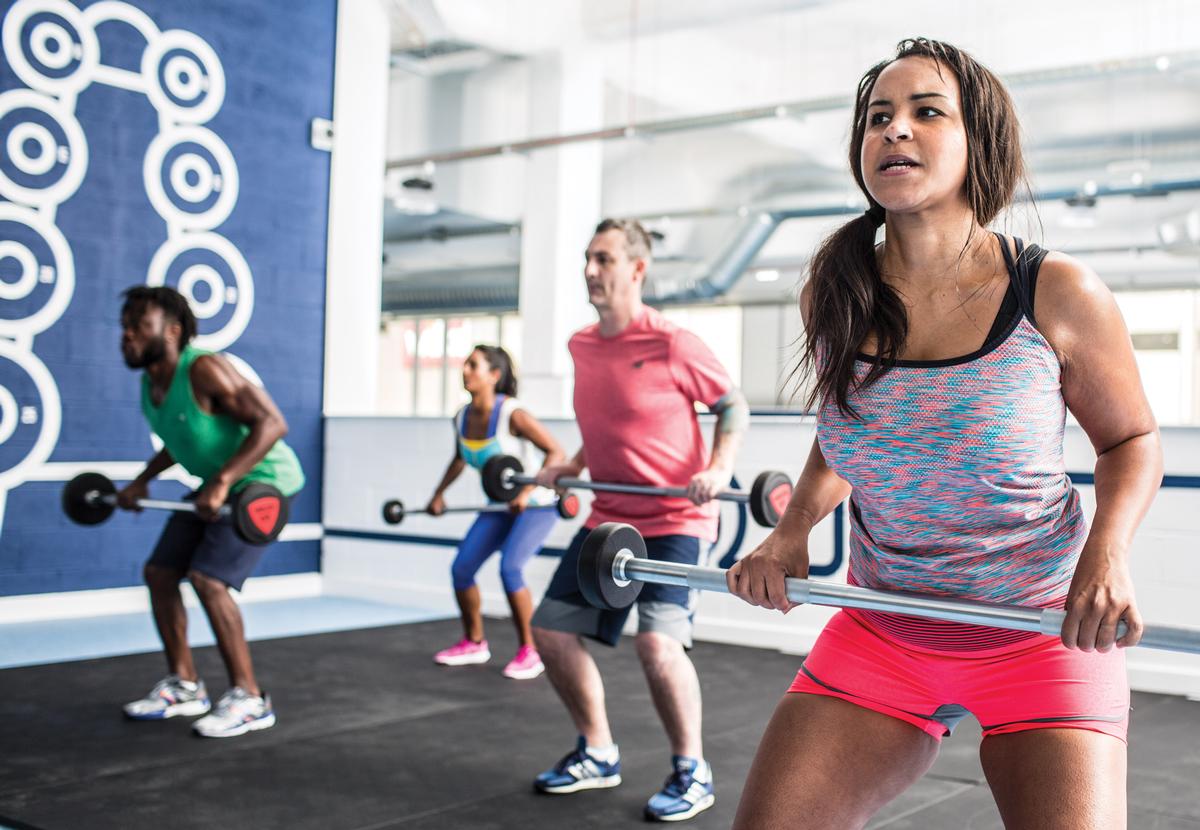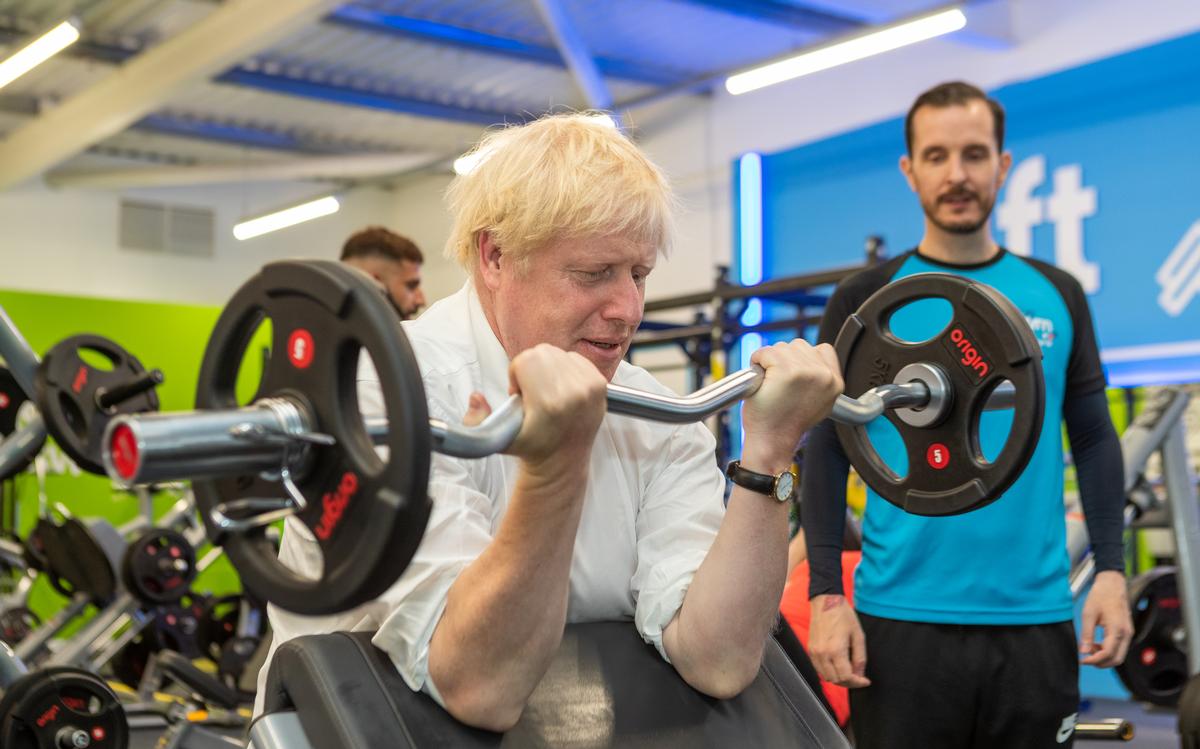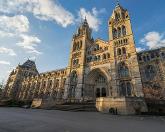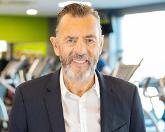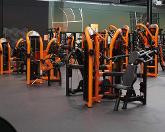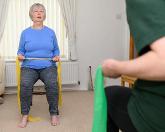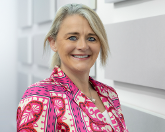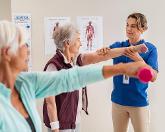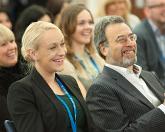see all jobs
Gym Group gets through lockdown in good shape
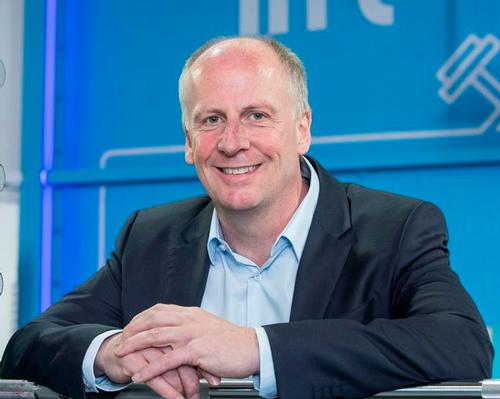
Announcing the company's half-year results today (2 September), Richard Darwin, CEO of The Gym Group (TGG), said the company was cashflow positive in the first month of trading when gyms reopened and it was able to turn on its direct debit pipeline.
Darwin said TGG has a cashflow break-even of 520k members on the current estate of 183 clubs.
Revealing the impact of the lockdown on its membership numbers for the first time, he said TGG went into lockdown with 891k members (at 29 February), and that this fell to 658k by 25 July, with a further 60k taking the option of a membership freeze to take the number to 589k.
Bounceback happened quickly on reopening, as TGG worked to reengage members, with memberships rising 87k to 676 after five weeks trading and with a further 23k unfreezing their memberships.
Darwin said appetite for gym memberships was strong on reopening, with the number of joiners up 30 per cent year-on-year in the first five weeks, with cancellations running at 6 per cent year-on-year
He told HCM the company is working hard to reassure members and encourage re-engagement and that gym visits are growing week on week as member confidence increases, but did not reveal the numbers in relation to this.
“We’re cautiously optimistic”, he said, ”We’re not recording cases of transmission in our gyms and member sentiment is strong.
The company has seen an uptick in the take-up of its premium offering – LIVE IT – with this increasing from 18.9 per cent in December 2019 to 22.3 per cent, indicating a preference for a more flexible membership to accommodate home working and a likely interest in a more wellness-based approach – given LIVE IT includes body composition analysis by FitQuest.
TGG has signed an affiliate deal with consumer brand FITT for the delivery of home workouts and Darwin said the company plans to push out more marketing on this offering when the time is right, but indicated he does not see the home workout hybrid as a current priority.
Although four new sites which were under construction prior to lockdown opened during August, Darwin sounded a note of caution about a possible second wave of COVID-19, saying TGG’s property acquisitions team is actively scouting opportunities and has some new leases agreed, but no sites under development.
He said the company will be looking to optimise the situation in the property market by acquiring new locations strategically, but that safeguarding liquidity is the priority.
TGG’s most recent acquisition is a former Lidl supermarket site in Christchurch and Darwin told HCM this will work well as part of a new focus on locating gyms near to where people are home working.
As with all gym operators, the pandemic hit the bottom line hard, with the company reporting a pre-tax loss of £27m in the first six months of 2020, versus a pre-tax profit of £5.6m in the same period in 2019. Revenues almost halved from £74m to £37.3m as the lockdown bit into income streams.
Overall, however, Darwin said TGG is well positioned and the “strongest capitalised company in the sector.”
Having raised £40m in equity and £30m in debt to cushion against the pandemic, TGG currently has non-property net debt of £29.2 million and liquidity headroom of £70.8m
TGG’s share prices remain down on peak, but appear to have been unchanged by today’s announcement, which was in line with investor expectations.
In July, Darwin told investors he expected the company to be in profit at reopening, due to member retention.
The company was much lauded in the industry for its success in persuading UK prime minster, Boris Johnson, to visit its gym in South Ruislip – a rare engagement with a senior political figure.
The Gym Group is one of a cohort of budget gyms globally, including Planet Fitness, Pure Gym and Basic-Fit, which have weathered the pandemic well so far.
- News by sector (all)
- All news
- Fitness
- Personal trainer
- Sport
- Spa
- Swimming
- Hospitality
- Entertainment & Gaming
- Commercial Leisure
- Property
- Architecture
- Design
- Tourism
- Travel
- Attractions
- Theme & Water Parks
- Arts & Culture
- Heritage & Museums
- Parks & Countryside
- Sales & Marketing
- Public Sector
- Training
- People
- Executive
- Apprenticeships
- Suppliers









